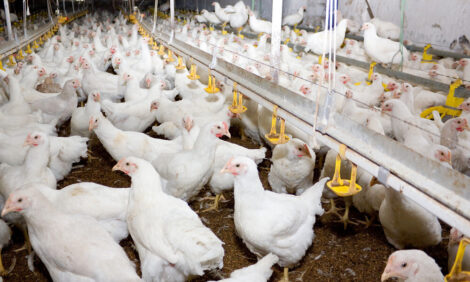



A matter of DNA: tests find some meat products are not from the animals on the label
Figures released by the Food Standards Agency (FSA) in response to a Freedom of Information request show that spot checks are finding four cases a week in which meat is being sold illegally under false pretences. Andrew Wasley, Bureau of Investigative Journalism reportsTests in the first eight months of 2017 found 145 cases where products advertised as meats such as pork, beef or lamb contained unspecified meats, often a composite of multiple species. Mislabelling was discovered at all stages of the production process, including farms, slaughter houses, retailers and restaurants. In 37 cases, the species specified on the label was not found in the product at all.
The findings may particularly concern religious populations. Regulators observed pork, which is proscribed in Islam and Judaism, being sold as beef sausages, lamb kebabs and the like in 31 supermarkets and restaurants. Beef, which is proscribed in Hinduism, was found to be present in 71 products which claimed to be made from other meats, mainly lamb kebabs and curries.
Lamb was the most likely meat to be imitated. One inspector wrote that he "would expect the meat ingredient of a meat product described as 'lamb korma' to be derived only from sheep unless otherwise qualified. DNA of sheep was not detected in the sample."
Another inspector felt it necessary to quote the Oxford English Dictionary of ‘ham’ to a Welsh manufacturer whose product contained only turkey meat. Such ham was later found on a ‘prosciutto’ ham and cheese pizza, which was determined not to contain any cheese either.
Several cases suggest clear threats to public health. In Coventry, inspectors discovered a supermarket and a kebab shop selling meat which showed signs of decomposition. In a separate case, mince meat was found to contain unsafe levels of the preservative sulphur dioxide, which can cause severe breathing problems in those with asthma.
Multiple businesses were found to be selling meat contaminated with allergens. A restaurant was found to be selling a product specifically labelled as ‘Lamb Korma – No peanuts’ which contained no lamb, but did contain amounts of peanuts which would be dangerous to anyone who was allergic. Eggs and milk were found in other products, despite not being included in the listed ingredients.
Food inspections are carried out by local authorities, who then submit their findings to the FSA. Funding for food safety has seen significant declines in recent years as council budgets have been slashed. Walsall, which was responsible for 14 violations, has seen its funding for food safety cut by more than half since 2010. Norfolk and Portsmouth, which both recorded multiple violations, did not record any spending on food safety in the past year.
Consumer trust in British meat could suffer in the light of recent reports regarding below-standard food safety reports.
Words Andrew Wasley, The Bureau of Investigative Journalism
Andrew is an award-winning investigative journalist specialising in food and farming issues. He is the co-founder of the ethical investigative agency Ecostorm and was editor of The Ecologist magazine between 2010 and 2012. His book, the Ecologist Guide to Food, was published in 2014. As well as reporting extensively for newspapers and magazines in the UK and beyond, he's co-produced films for The Guardian, Channel 4 News and KCET/Link TV, among others.









